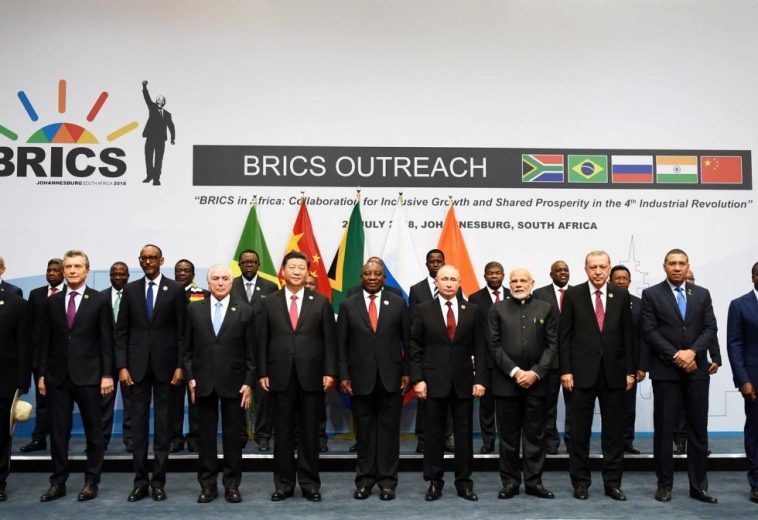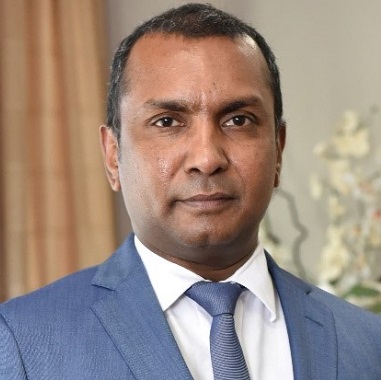Mr. Harvesh Seegolam, Governor of the Bank of Mauritius, delivered a keynote speech at the Pan African Central Bank Conference on Risk and Reserve Management. His speech focused on the challenges faced by central banks in the context of climate change and the pathway to greening reserves management. Mr. Seegolam highlighted the increasing frequency of weather-related disturbances and their detrimental impact on economies worldwide. He stressed the need for a global coordinated effort to mitigate these challenges and protect the planet for future generations.
Acknowledging the significance of the Paris Agreement signed in 2015, Mr. Seegolam emphasized the long journey ahead to limit global warming below the targeted 2 degrees Celsius by 2050. He emphasized the importance of a multilateral approach, incentivizing sustainable practices, and fostering a collective effort to achieve a global public good.
Central banks, including the Bank of Mauritius, have played an active role in the greening of the financial system. Mr. Seegolam highlighted the integration of climate-related risks data, proper disclosure requirements, and the management of foreign exchange reserves as key areas where central banks can contribute. He noted that traditional objectives of reserves management. Such as security, liquidity, and return, now incorporate environmental, social, and governance (ESG) considerations.
Mr. Seegolam outlined three categories through which central banks incorporate ESG criteria: negative screening, thematic investing, and impact investing. While progress varies among central banks, he mentioned pioneers such as Banque de France, Banco de Mexico, and Norges Bank. Who have already incorporated environmental sustainability considerations into their reserve management frameworks.
Challenges in implementing sustainable practices include the lack of a uniform definition of ESG, inconsistent accounting and reporting frameworks. Inconclusive measurement of the impact of ESG on financial returns, and the availability of proper benchmarks. Mr. Seegolam stressed the importance of building internal expertise among reserve managers and highlighted the need for capacity-building efforts.
In terms of Mauritius’ own initiatives, Mr. Seegolam mentioned the Bank’s guide for the issuance of sustainable bonds. Aiming to ensure the integrity of the sustainable financing ecosystem and prevent “greenwashing.” Additionally, he highlighted the establishment of the Mauritius Investment Corporation (MIC). As a subsidiary of the Bank of Mauritius, which has contributed to improved profitability by investing in a domestic portfolio for future wealth generation.
Mr. Seegolam concluded his speech by emphasizing the need for constant skill development in reserve management. He commended central banks for their plans to upskill their workforce and emphasized the importance of prudent and efficient reserve management in the hands of capable professionals.


